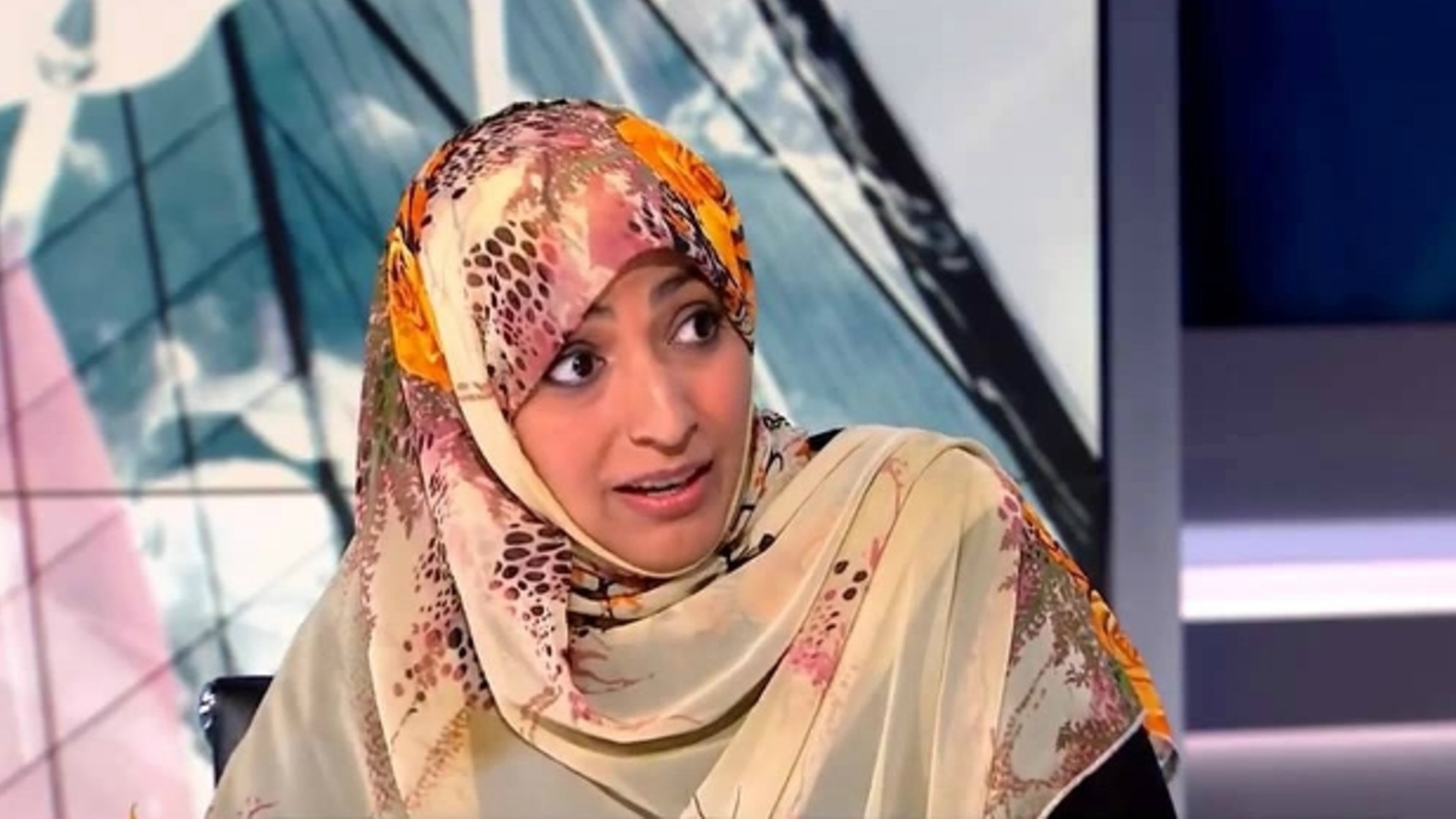
Tawakkol Karman With World press free democracy website
"In the absence of a free press, there is no democracy”
WAN-IFRA: What is the importance of a free press for the changes taking place in the Arab world today?
Tawakkol Karman: A free press is the headline for democratic transition; it is an essential cornerstone of any country based on democracy. Freedom of expression is the right that the youth of the Arab Spring used to commence their revolutions; they exercised this very human right, supported by a free press that had been violated and suppressed for many years. A free press should be the standard of any country with claims to democracy. It is both the means and the goal of any change: In the absence of a free press, there is no democracy
What steps should be taken to ensure a broader scope for freedom of expression in the Arab world?
We need press freedom without limits. We should safeguard the right to ownership of visual, audio and printed media for individuals, organisations and political parties without obstacles, conditions or prohibitions to detract or limit this right, as well as the right to publish without prior censorship, prohibition or consequent punishment. We also need to safeguard the right to fully dynamic expression, meaning the right to peaceful demonstration and protest without prior consent, suppression and punishment. To exercise these rights without prior consent, and to be responsible for the consequences and to struggle for them, is in itself a pressure exerted on governments to ensure a broader scope for freedom.
Has it become easier for women in Yemen to work in journalism?
Of course it has become easier for both women and men. The phenomenon of citizen journalism has allowed many young men and women to do journalistic work and excel in it, moreover to sacrifice for its sake too, in spite of being targeted by the authorities – as in the case of Yemen by the regime of President Saleh. During the events of the revolutions, hundreds of newspapers were published; many TV channels and radio stations were launched without conditions or authorisation, given that this was largely prohibited pre-revolution. As for professional journalists, they are practicing their profession under an infinite ceiling of freedom. They have retained their right to criticise which some of them died for. In Yemen alone, six journalists were killed during the events of the revolution.
What is your role as a Nobel Prize Laureate in raising awareness of the significance of press freedom and freedom of expression?
This is the most important part of my life’s mission. Before the revolution, and before Nobel, I was defending the freedom of the press and freedom of expression in Yemen. I founded an organisation named “Women Journalists Without Chains” to defend press freedom and stand against violations of this right. Now, after the revolution and Nobel Prize, I feel that the mission is doubled. I will work, with God’s help, on local, regional and international levels to defend freedom of the press and freedom of expression; I will work in partnership with local, regional and in ternational human rights defenders to stand against the violations of these rights and for safeguarding the right to media ownership for all.
What are your aspirations for Yemen in the future? Do you aspire to a bigger political role?
I wish a dignified life and a free future for all the peoples of the world, and I’m already playing a political role right now. There is no need to be a president to play a political role.
What would you say to the media and media professionals in the Arab region and beyond to mark World Press Freedom Day?
We need to achieve full press freedom, not a fragmented version. We need to practice it without prohibitions. We need to own the media fully, without obstacles. This is what we should struggle for.
